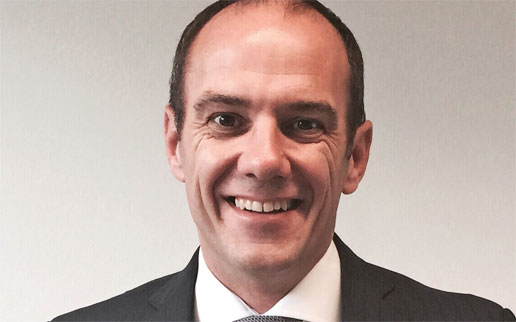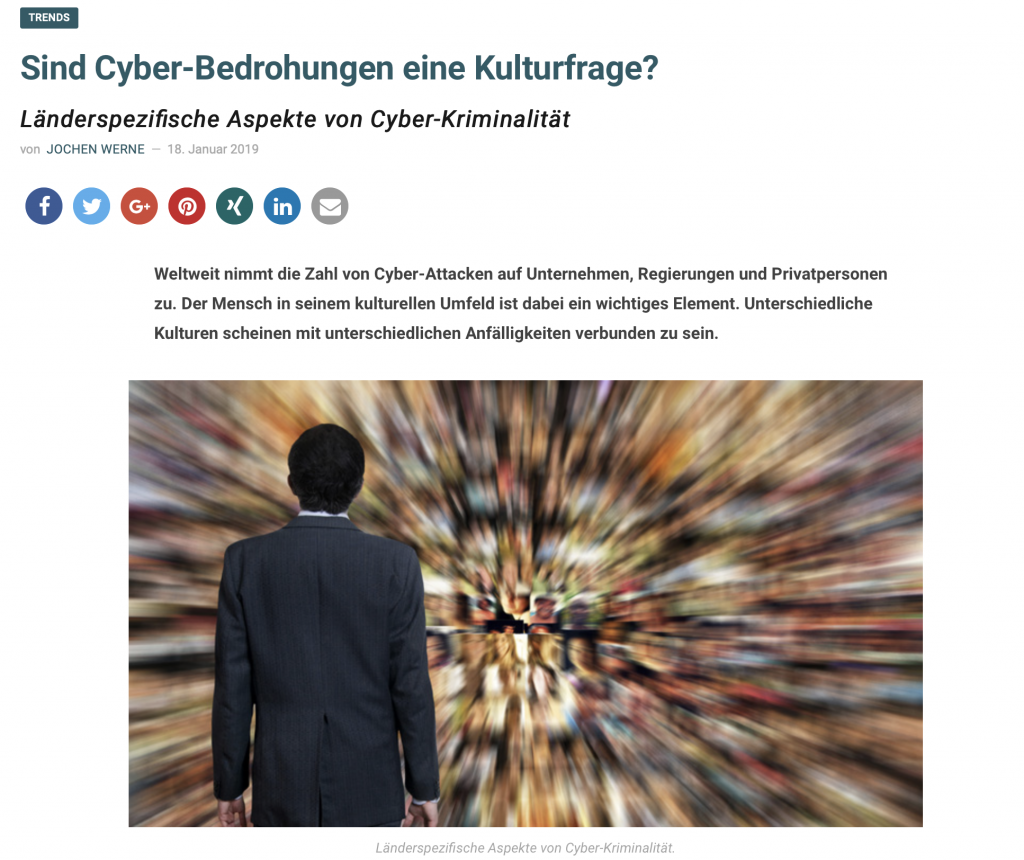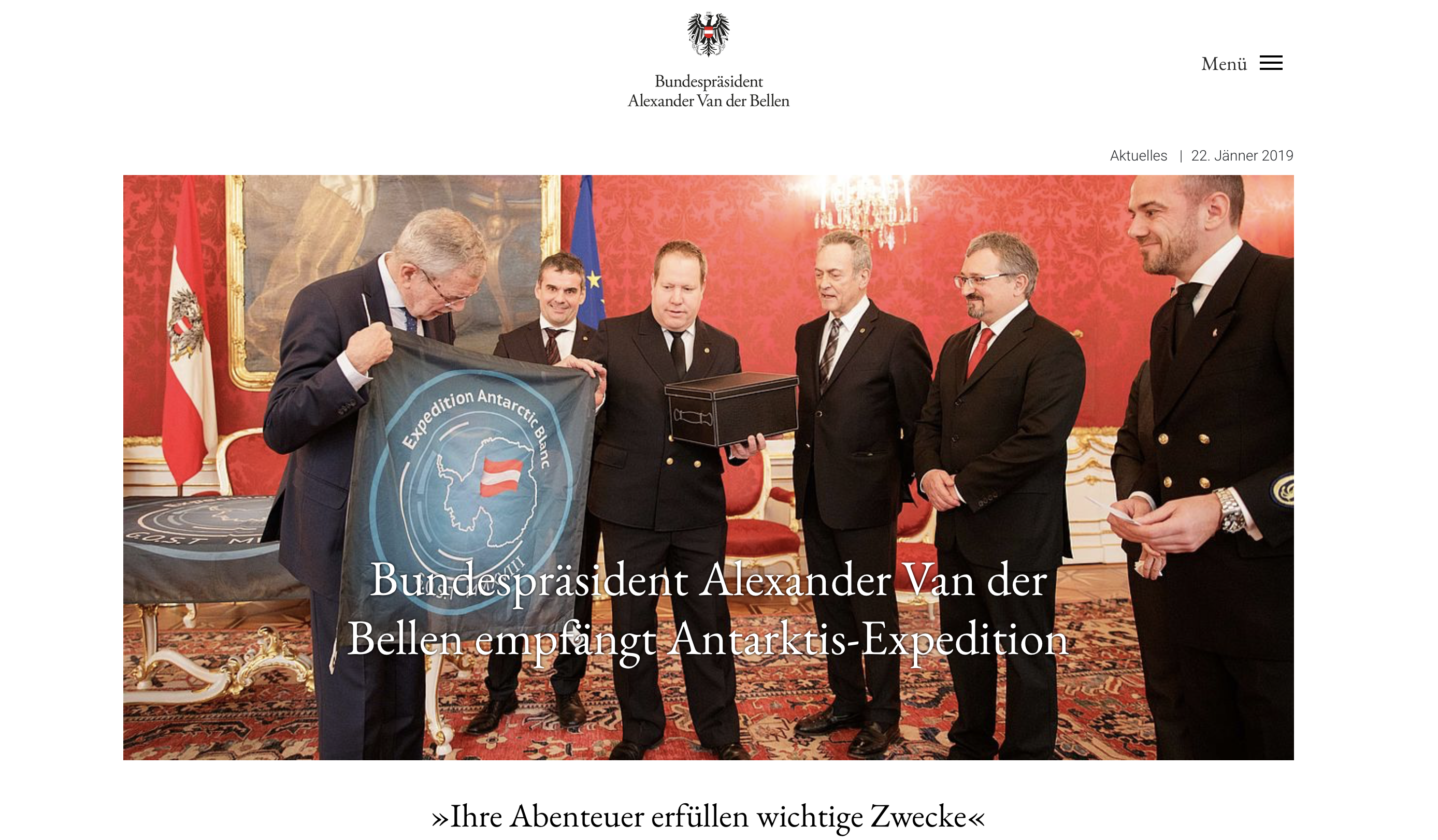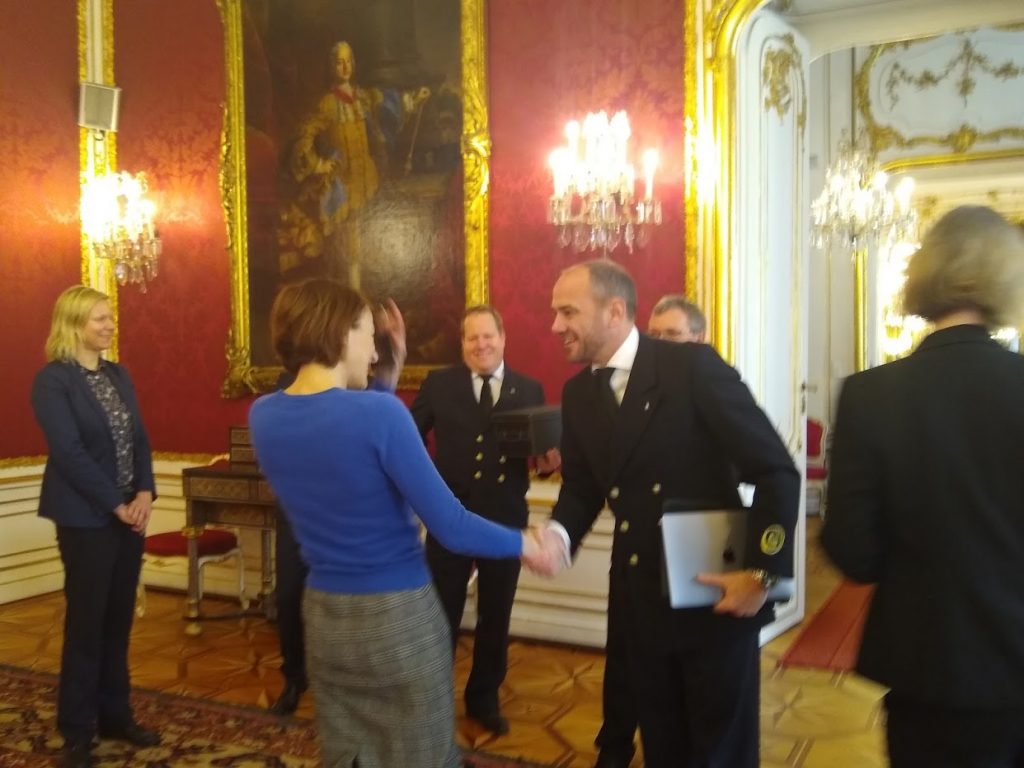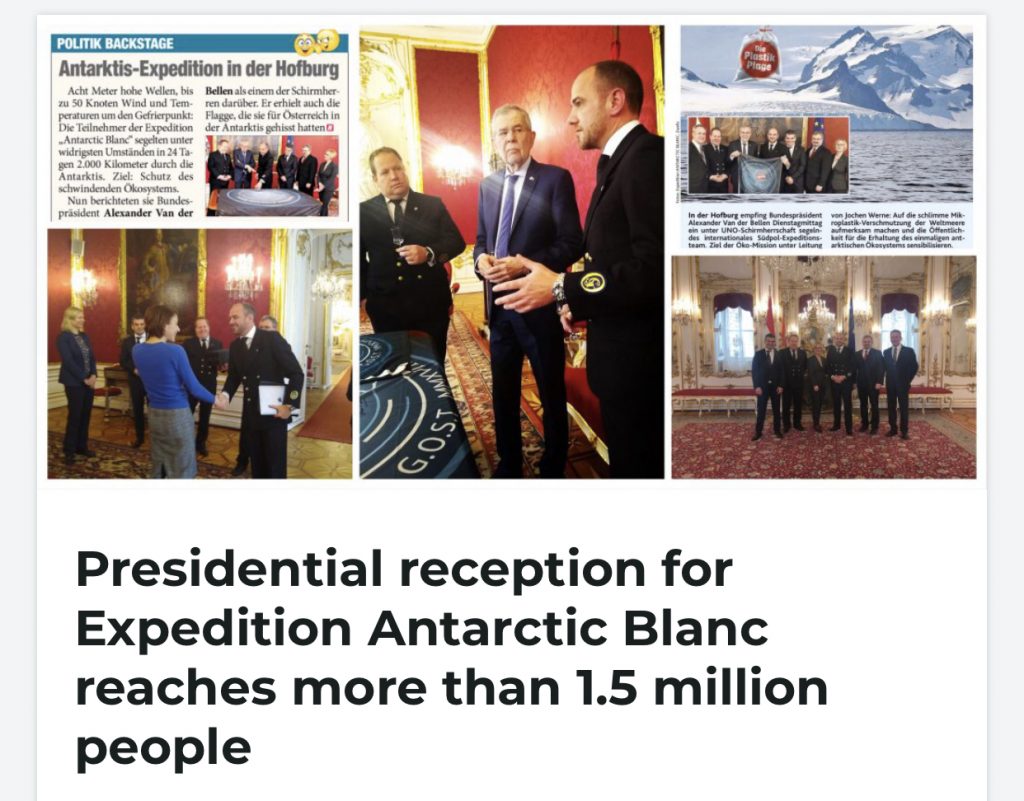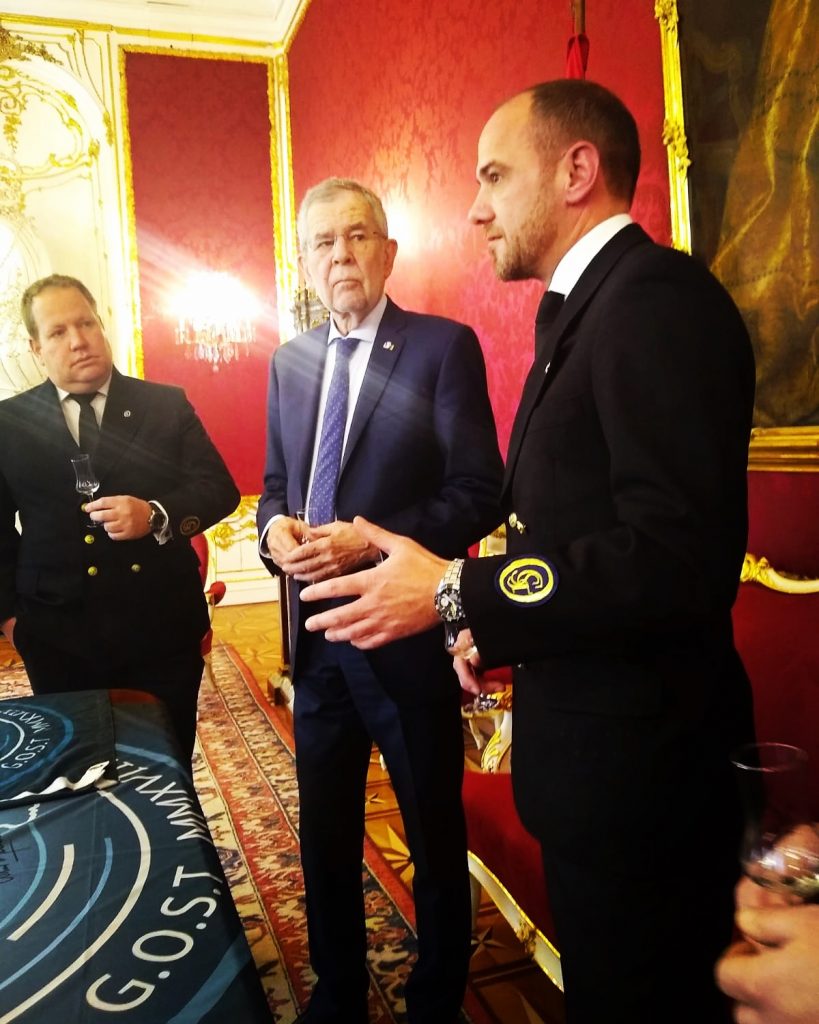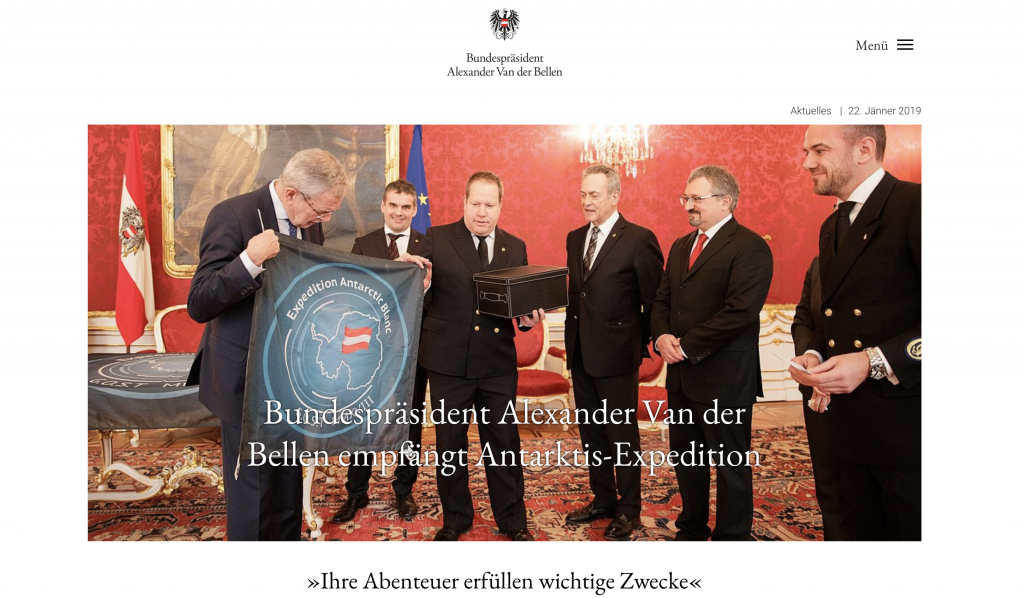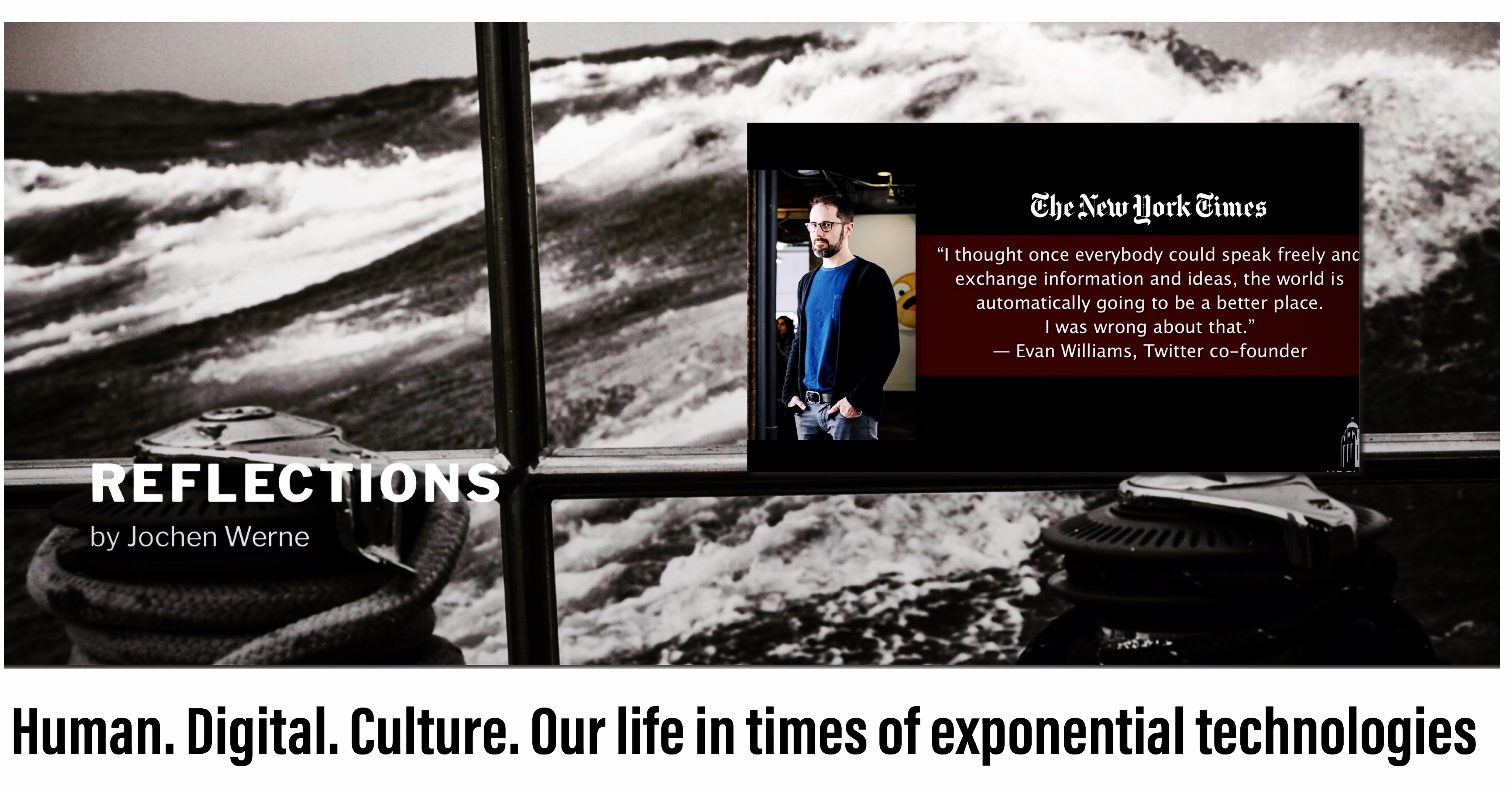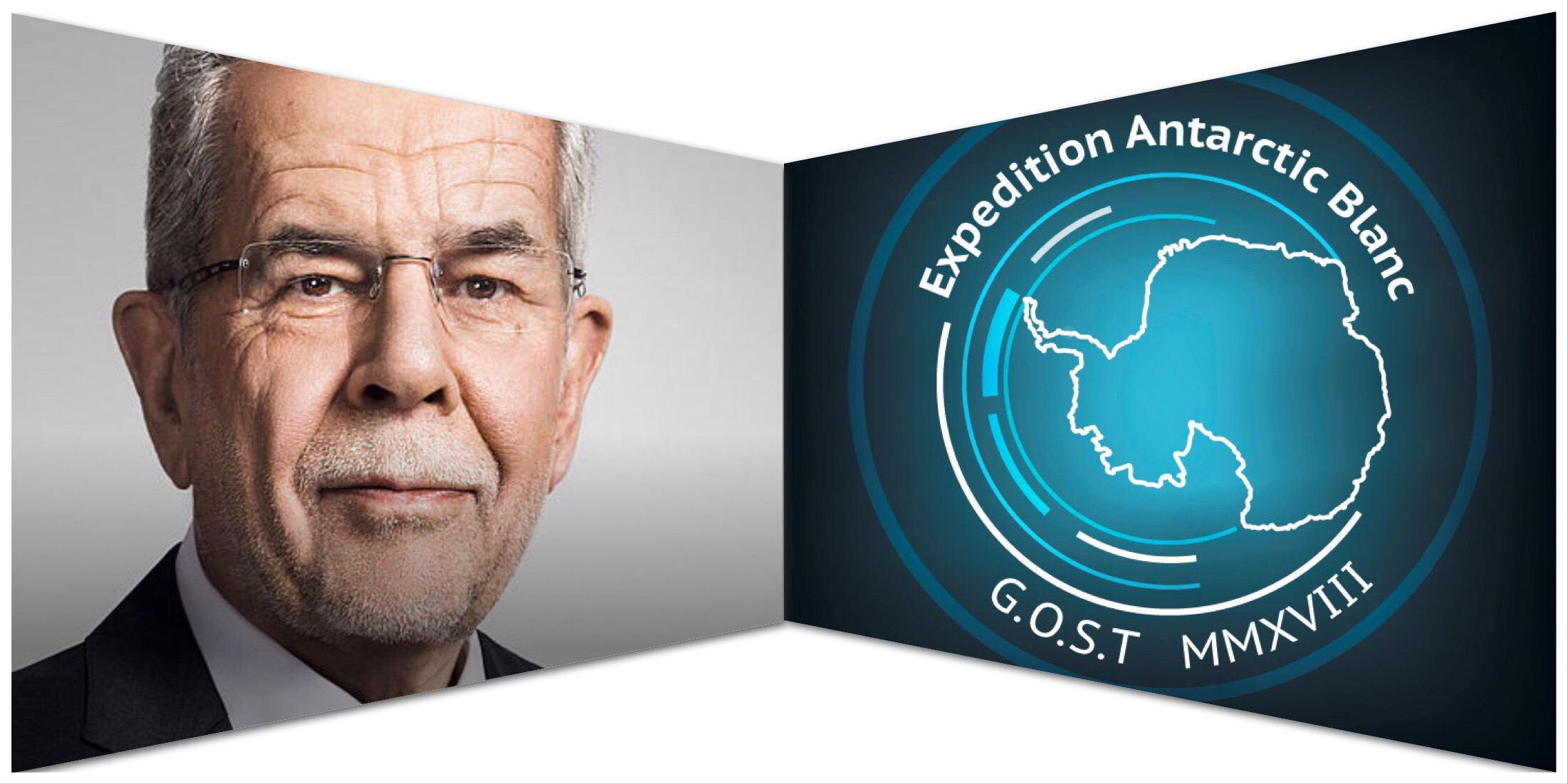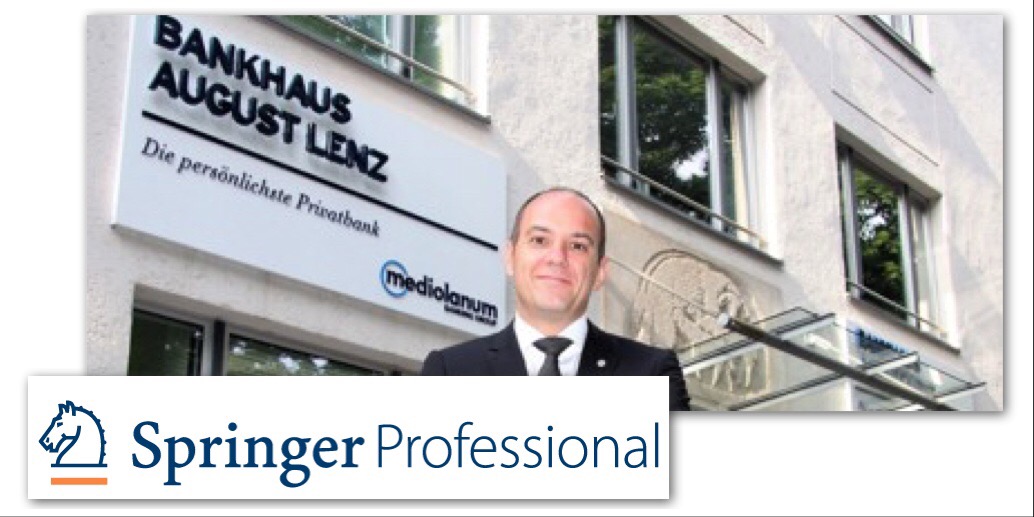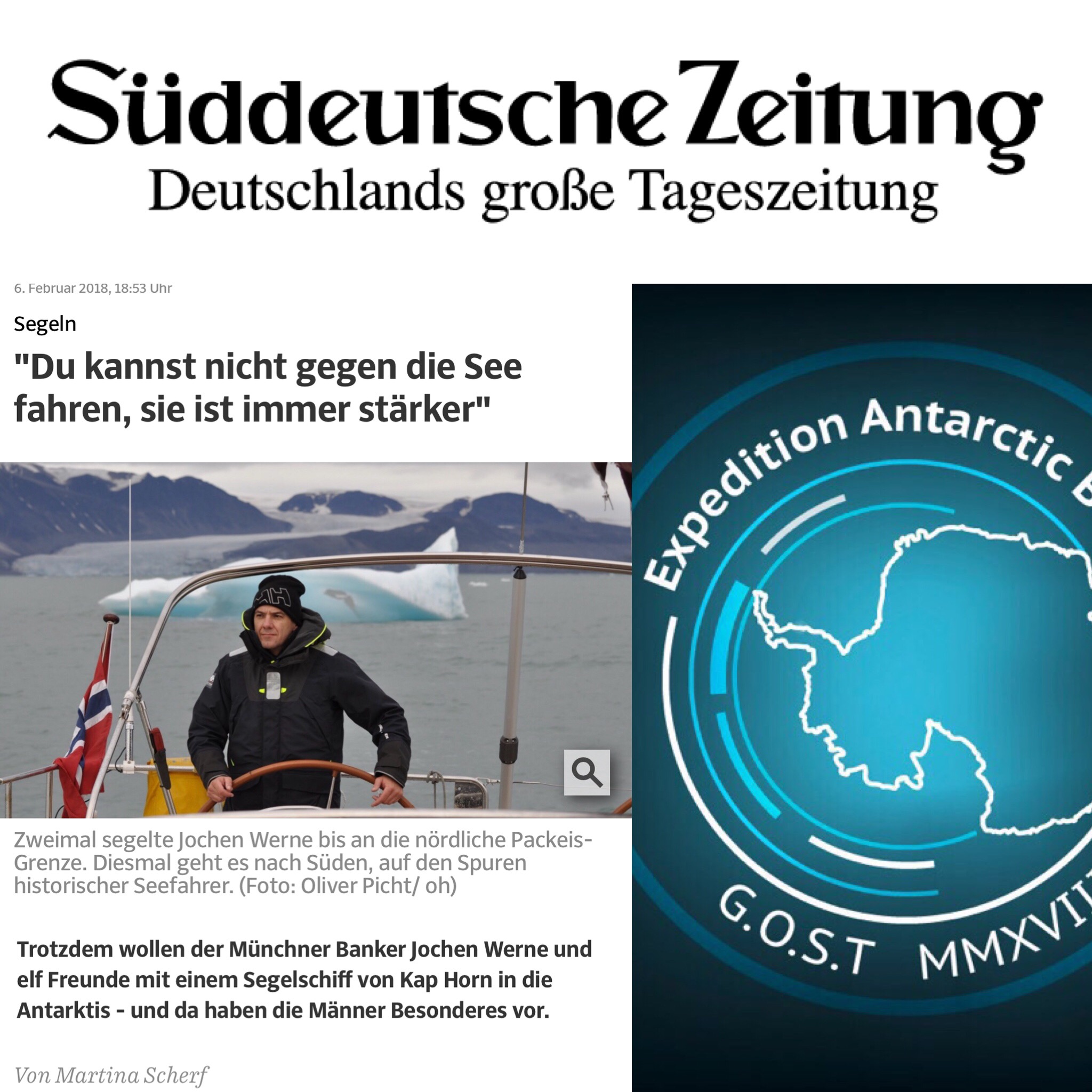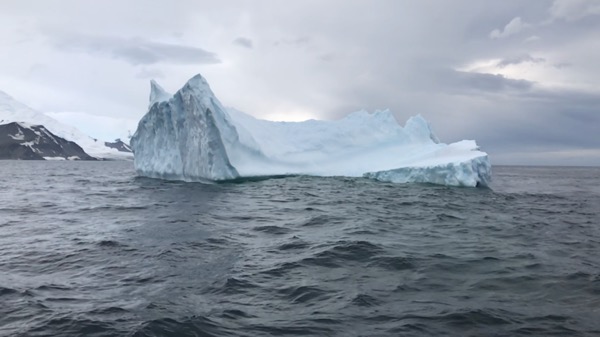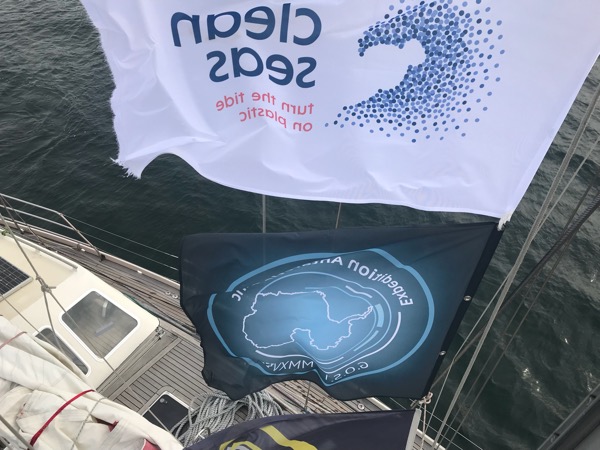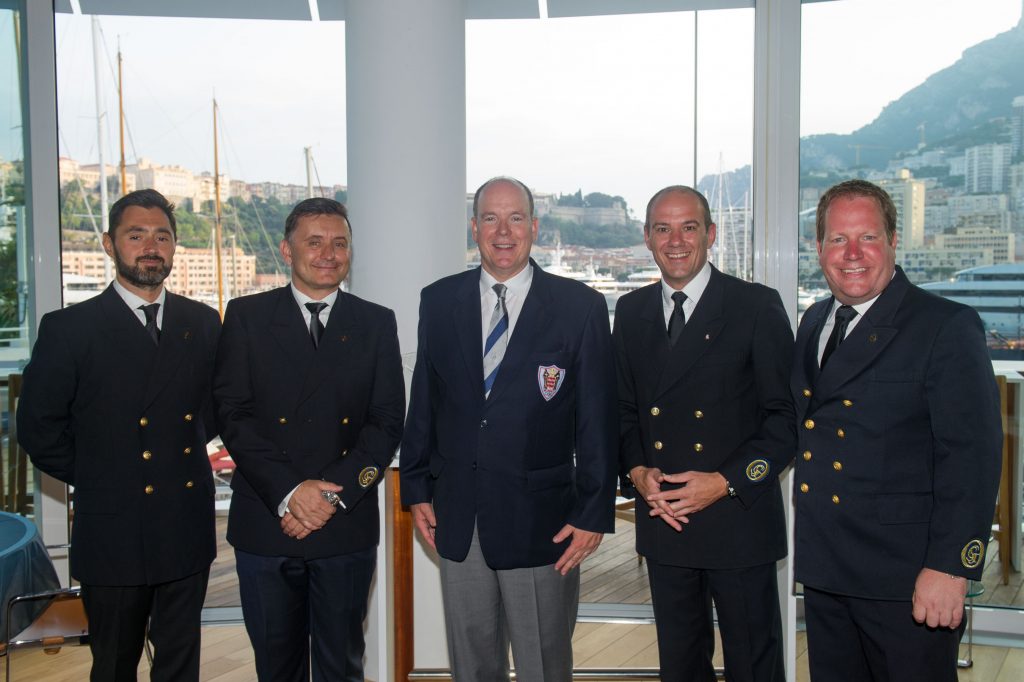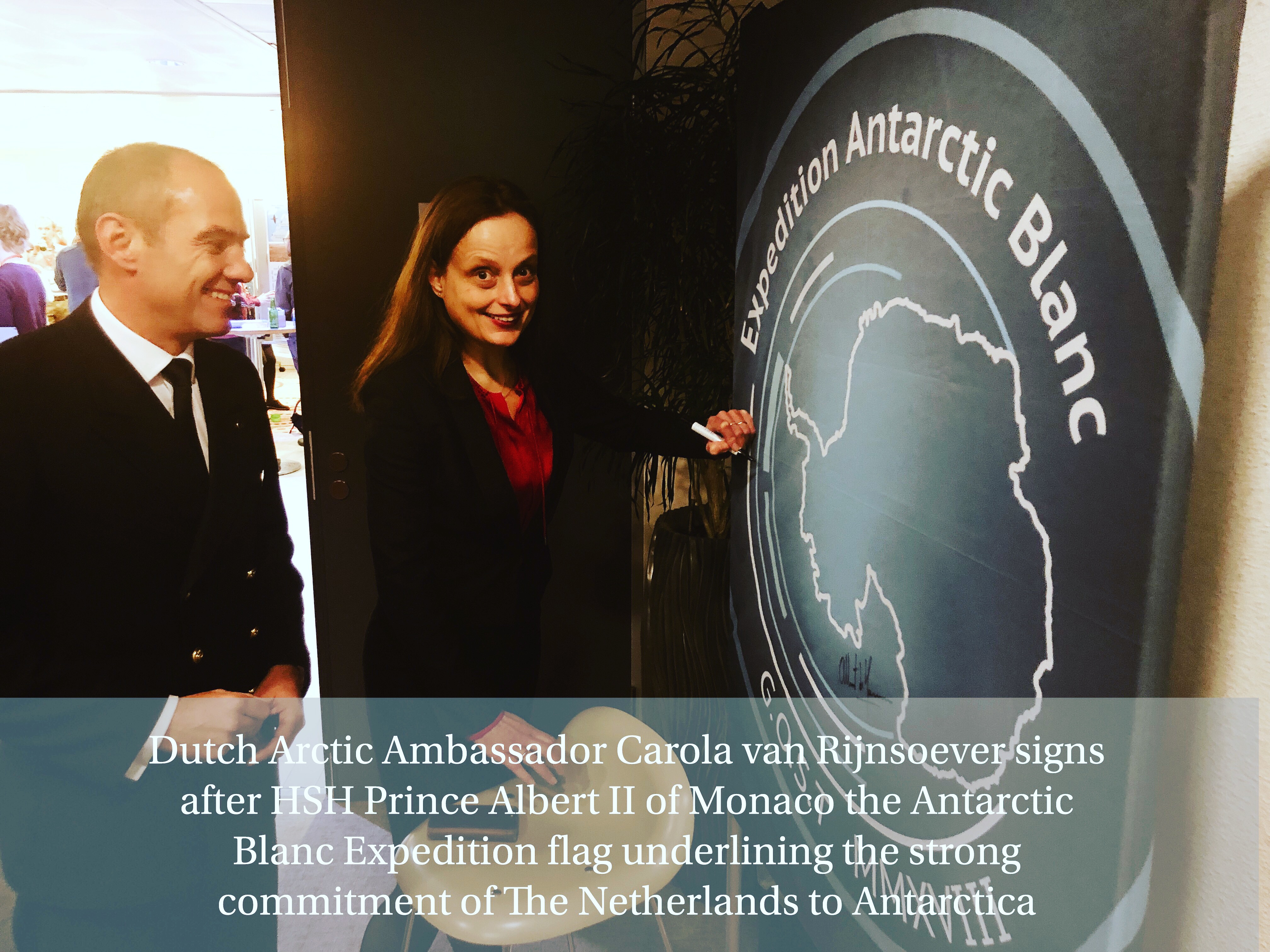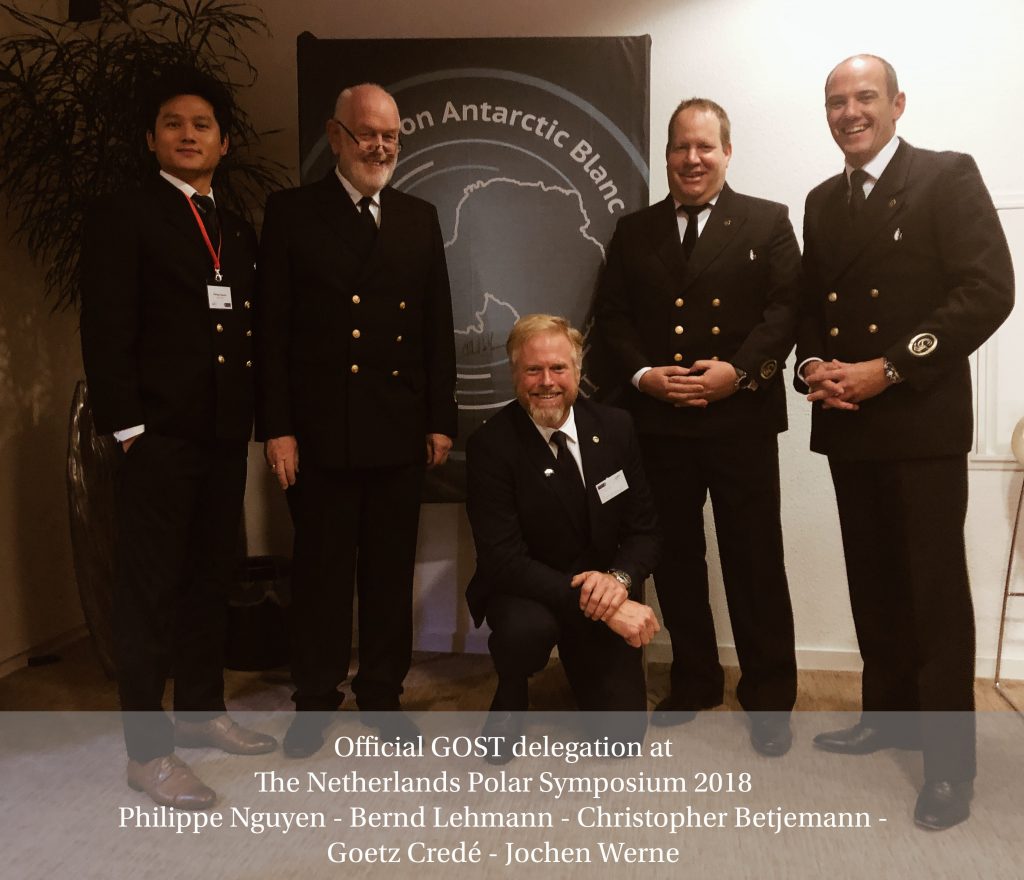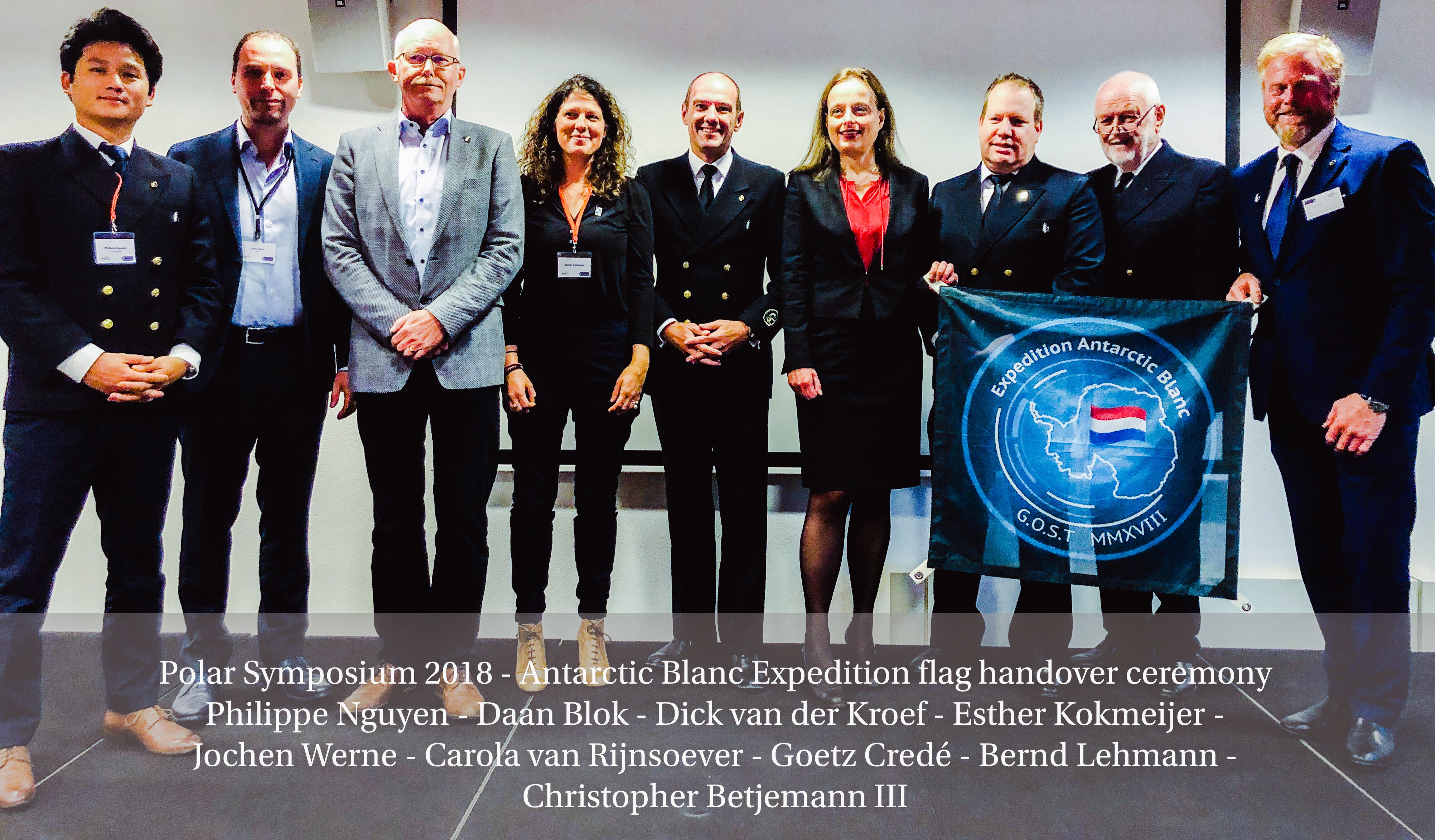Artificial intelligence is finding its way into the highly regulated world of banking. And not only GAFA Silicon Valley high-tech companies see it as the technology of the future, but also FinTechs and established banks. How it came to this, what possibilities and limits there are at the moment and why humans will remain irreplaceable not only when it comes to money – the commentary
by Jochen Werne, innovation and transformation expert
Munich private bank Bankhaus August Lenz
Original published in German in the IT-Finanzmagazin (31 July 2018). Translation by DeepL
After “FinTech”, “Blockchain” and “Crypto”, “AI” is the new buzzword in the banking world. Whether chatbots in the digital customer center or self-learning algorithms for highly complex investment strategies are being discussed – the omnipresence of the term suggests that the integration of artificial intelligence into one’s own business model seems to be virtually vital.
Artificial intelligence and big data are currently the strongest and most vibrant innovation trends in the financial sector …
… was also one of the guiding principles of Prof. Joachim Wuermeling, board member of the Deutsche Bundesbank, in his speech on “Artificial Intelligence” at the second annual FinTech and Digital Innovation Conference in February 2018 in Brussels.
The choice of the conference venue, which like rarely any other city combines both a belief in progress and a deeply rooted European tradition, can hardly be more symbolic of the forthcoming change. In fact, the topic is by no means new: the development towards an increased use of so-called non-human intelligence is based on approaches from the 1940s – with the invention of the first computers
Artificial intelligence: revolution as a reaction to mountains of data?
But what is now possible in times of exponential technologies is in fact nothing less than a revolution. The financial industry is sitting on a valuable mountain of data, the extent of which is currently difficult to estimate. The maturing AI systems would not only make the preparation and processing of this data easier, but also much more cost-effective, faster and more targeted. Data already collected could become the most valuable raw material and a resource due to the technological leaps in the field of AI, which, in combination with the enrichment of external, non-structured data, must be “usable” in a meaningful way.
The industry is asked to use private data in a sensitive way for the benefit of the customer, – a goal that should certainly apply to all AI-based approaches.
To find meaningful regulations for the handling and the effects of the use of AI on society, economy and thus on our life and the work of tomorrow is the task of politics. The fact that this topic is taken very seriously is evident not only in national initiatives such as the German Platform for Artificial Intelligence “Learning Systems”, but also in the European Artifical Intelligence shoulder-to-shoulder approach, which is being pushed forward by France and Germany.
“Digital hand holding” in the event of a financial crash is not enough
At present, it is still too early to say which operational areas of the financial world will sooner or later be supported – in part or even entirely – by the use of AI systems. However, the financial crises of the past have shown this time and again:
Trust is crucial when it comes to money. Trust in the markets, the banking system and the human contact as an intermediary in a complex issue”.
However, the banking industry knows very well from its own experience how easy it is to loose customer’s trust. An experience that Mark Zuckerberg and Facebook recently also had to make in connection with the Cambridge-Analytica scandal. As with every new technology and every new approach, the same applies to the topic of “intelligent” systems: a lot of trust, coupled with half-knowledge and a big dash of emotionality results in a popular trend cocktail, which, however, bears a certain risk of headaches on the following day.
Jochen Werne is the authorized signatory responsible for Marketing, Business Development, Product Management, Treasury and Payment Services at Bankhaus August Lenz & Co. After two years as navigator of the sailing training ship ‘Gorch Fock’, the international marketing and banking specialist completed his studies as client coverage analyst at Bankers Trust Alex. Brown International and in Global Investment Banking at Deutsche Bank AG, he has worked on numerous projects in other European and American countries. In 2001, he joined Accenture as a Customer Relationship Management Expert in the Financial Services Division before joining Bankhaus August Lenz & Co. AG in Munich, where he has since been responsible for various areas of the institute. As part of the Innovation Leadership Team of the Mediolanum Banking Group, a member of the expert council of Management Circle and the IBM Banking Innovation Council, Jochen Werne is a keynote speaker at numerous banking and innovation conferences.


